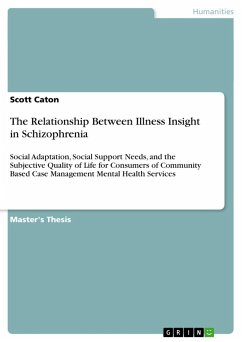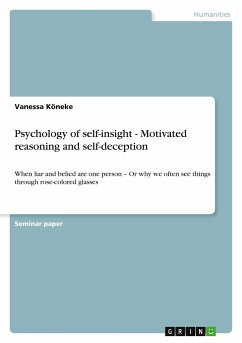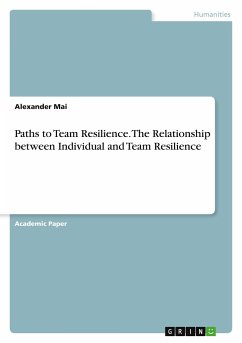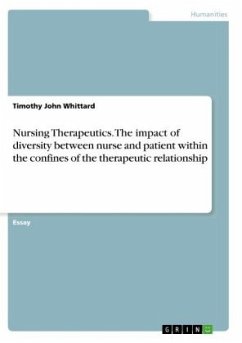Master's Thesis from the year 2007 in the subject Psychology - Clinical Psychology, Psychopathology, Prevention, grade: "hervorragend" 1,3, University of Applied Sciences Coburg (Universities of Applied Science in Coburg and Alice Salomon in Berlin, Germany), course: Klinische Sozialarbeit, language: English, abstract: Abstract:Objectives: The purpose of this study was to explore the relationship between illness insight in schizophrenia and the level of social adaptation, social support needs, and subjective life satisfaction, for consumers of community mental health support services. Methods: Samples (N=43) were recruited from community base independent service agencies providing case management services for mentally ill people in the western Berlin, Germany catchment area. Separate interviews were conducted with the case managers and their clients diagnosed with schizophrenia (ICD-10). Quantitative measurements were used to establish if there is a relationship between illness insight and the various psychosocial variables assessed in this study. Results: Low illness insight correlated with low levels of social adaptation. Low social adaptation correlated inversely with the case managers' assessment of more social support needs for their client. The clients' low subjective life satisfaction correlated with higher client rated social support needs. The client and case manager rated social support needs correlated strongly. Conclusions: Low illness insight may be an indicator of low social adaptation that might require increased case manager engagement to meet more client social support needs. For this further research is essential.1.Introduction"I am not mentally ill, and I don't need any help"; is one variation of what many mental health professionals will hear from their clients with schizophrenia (Amador & Johanson, 2000). The professionals hearing this may often be those employed by community mental health support services to help these individuals claiming not to need any help. The fact that these clients are usually residents of supervised living programs makes their claim even more perplexing. When their case manager or key worker asks them why they are living here the worker usually receives an answer ranging from the delusional, "I've been placed here by aliens", to the more mundane, "where else should I live? I've no other place to go" (ibid).
Hinweis: Dieser Artikel kann nur an eine deutsche Lieferadresse ausgeliefert werden.
Hinweis: Dieser Artikel kann nur an eine deutsche Lieferadresse ausgeliefert werden.








